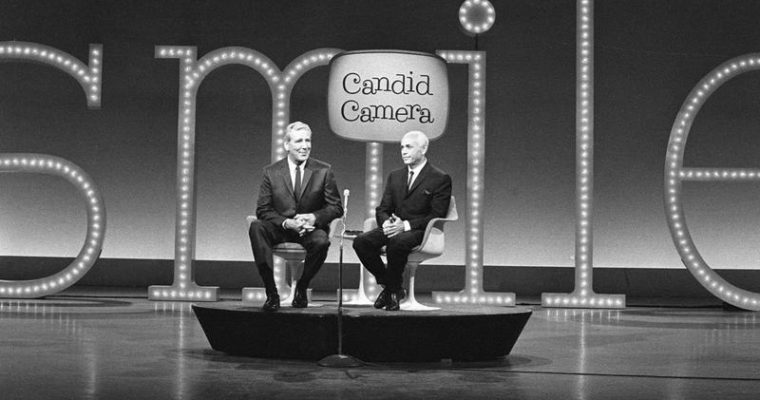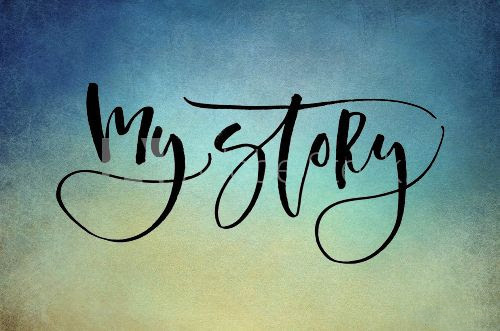Why Do People Read Memoir, and What Are They Hoping to Find There?
Once upon a time, people who loved stories read novels to find keys for living a good life, for answers to the thorny questions of being human, for understanding why people behave the way to do, or to gain greater awareness of the dark…











